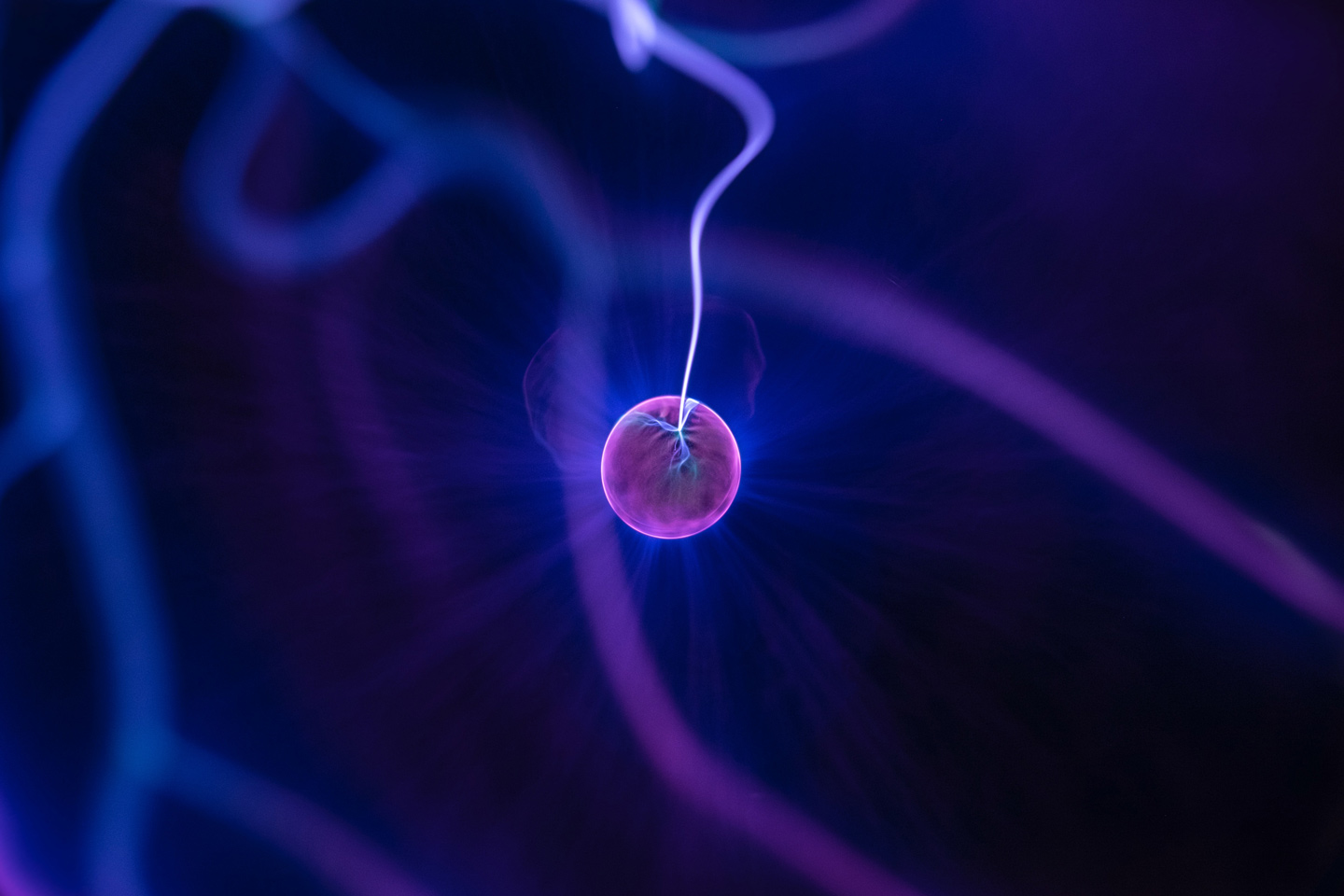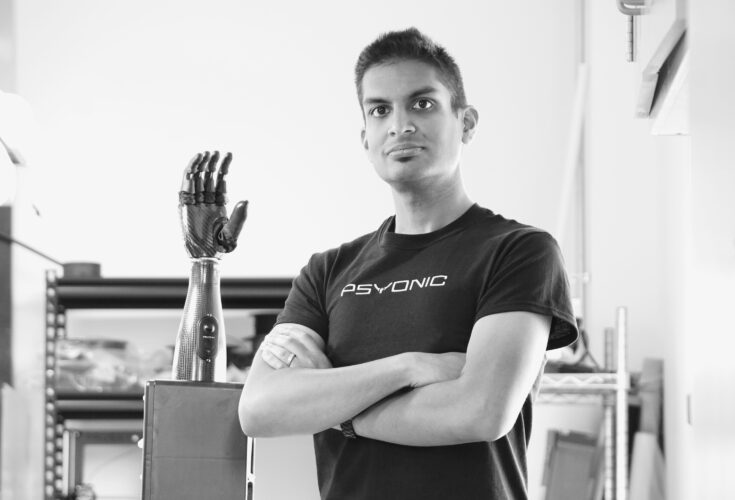Neuro
For founders pursuing commercial opportunities in the neuroscience space.

- All Ventures
- CDL-Toronto
AXONIS Therapeutics
AXONIS Therapeutics is developing first-in-class therapies that enable neurons to resist degeneration, restore excitation/inhibition balance and regenerate, in order to rescue nervous system functions. Their lead drug candidate, an oral KCC2 (CNS-specific chloride transporter) enhancer, acts as a multi-modal neuromodulatory therapy for spinal cord injury, neuropathic pain and other neurological disorders.
IRegained Inc.
IRegained is developing an in-home, clinician-directed digital rehabilitation device that assists stroke and traumatic brain injury (TBI) survivors to regain unassisted use of their upper extremities, with a specific focus on hand usage. The product can be used in a rehab clinic, or a patient’s home via remote guidance from therapists. The device provides gamified exercises that encourage the user to practice hand motions that leverage neuroplasticity to build alternative neural circuits around the damaged area of the brain, thereby helping recover motor control.
Neurastasis
NeuraStasis is developing an electrical stimulation device to delay the effects of acute ischemic stroke (AIS). The thesis behind this technology is that noninvasive electrical stimulation can preserve brain viability and help protect patients from a lifetime of disability. NeuraStasis’ initial addressable market focuses on AIS patients at stroke centers between diagnosis and revascularization. NeuraStasis reduces length of stay and long-term disability expenditure, providing significant value to providers and payers.
PSYONIC
PSYONIC produces bionic prosthetic hands for amputees. The product provides industry-leading reaction times, touch feedback via vibrations, and is robust to impacts. It is covered by Medicare, with little to no out-of-pocket costs to users.
Origami Therapeutics
Origami is discovering oral drugs to halt neurodegeneration. Their approach involves eliminating the toxic proteins that are the underlying cause of neurodegeneration using protein degraders to restore normal function. Origami’s discovery platform leverages our proprietary human disease models to select the drugs with the best chance of clinical success.
Cordance Medical
Cordance Medical is developing a non-invasive cap that uses ultrasound and microbubbles to reversibly open up the blood-brain barrier directly at the site of diseased brain tissue. This enables real-time molecular characterization of neurological diseases via liquid biopsy that will be used to improve patient outcomes by informing therapy selection, improving drug delivery, and enabling precision medicine.
Encora Therapeutics
Encora is developing a wearable device that uses non-invasive, vibratory stimulation to the wrist for acute hand tremor relief. Over eight million Americans suffer from debilitating hand tremors but are not adequately served by the current treatment options. Current options include pharmaceuticals, which have relatively low efficacy and significant side effects, or brain-stimulation surgery, which is highly invasive. By comparison, Encora’s device is non-invasive, effective, and safe.
PSYONIC

PSYONIC produces the Ability Hand, the world’s first touch-sensing bionic hand for amputees. The product provides industry-leading reaction times, touch feedback via vibrations and is robust to impacts. With sensors in the fingertips, you can feel what you’re doing with the Ability Hand and use it with even the most delicate objects. It is the first bionic hand with multi-touch feedback on the market.
PSYONIC had just launched its product across the United States when it joined CDL-Toronto’s Neuro stream. It had already raised a pre-seed round of funding. At early CDL sessions, PSYONIC focused on marketing. It analyzed how many consumers it was reaching directly and how many it was reaching through clinicians. “We found that 50 per cent of our sales were actually coming directly from patients who had seen one of our videos online, like of arm wrestling the hand or doing a bottle flip, or the bionic hand walking on its own,” founder and CEO Dr. Aadeel Akhtar said. “For a medical device, that’s unheard of.” PSYONIC is working on how to maximize that online reach as it continues to scale.
The company has scaled significantly over the course of the CDL season, thanks to mentors who pushed the company to “think bigger,” Akhtar said. At the end of summer 2021, PSYONIC produced about one Ability Hand every three weeks. It now produces four hands per week, and expects to increase production to ten hands per week by the end of 2022. CDL mentors assisted with this process by helping the company define its milestones. PSYONIC ended up doubling its manufacturing staff over the course of CDL and improved its carbon fibre processes and silicone moulding processes to minimize failures. Now, PSYONIC has sold hands to Facebook and other robotics researchers, in addition to about 50 patients who are using the hand.
Akhtar said that CDL’s network provided “critical connections” that resulted in introductions to new clients. He hopes other CDL contacts will become investors when the company soon opens its USD $5-million seed round.
The founder is full of energy and has a flair for productive demos and publicity. I think it’s awesome that they may drop the cost of a meaningfully useful device.
Shivon Zilis • Fellow, CDL-Toronto Oct 19, 2021 @ 11:00 AM ET